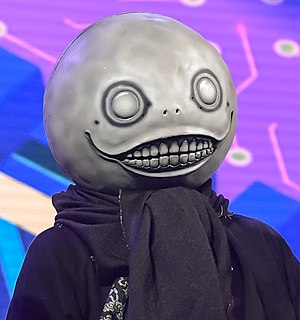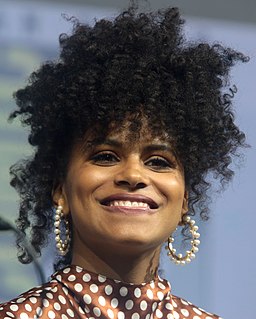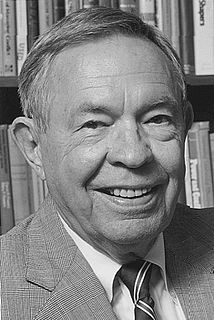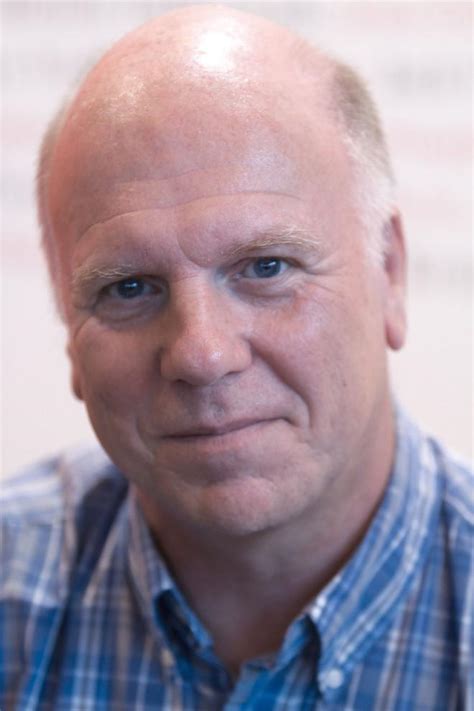A Quote by Kate Thompson
Children in their young teens are just moving into the moment when they are most receptive to philosophy and psychology. You can explore these things in stories and, in doing so, give them power and control.
Related Quotes
A writer must always try to have a philosophy and he should also have a psychology and a philology and many other things. Without a philosophy and a psychology and all these various other things he is not really worthy of being called a writer. I agree with Kant and Schopenhauer and Plato and Spinoza and that is quite enough to be called a philosophy. But then of course a philosophy is not the same thing as a style.
Implanting spiritual ideas in children is very important. Many people live their entire lives according to the concepts that are implanted in them in childhood. When children learn they will get the most attention and love through doing constructive things, they will tend to stop doing destructive things. Most important of all, remember that children learn through example. No matter what you say it is what you do that will have an influence on them.
The young adult literature is relatively new - it just kind of exploded in the 2000s. When I grew up, there weren't bookstores with sections dedicated to teen lit, nor was my generation raised reading books written specifically for us. Because of that, today we still think of books for teens as children's books and so when you write a book that includes sensitive topics, it just seems even more controversial. What's troubling to me about that is these are issues adults know that teens deal with. Not writing about them makes them something we don't, or can't talk about.
One of the things I want to do in the book is to explore how philosophy can be done in literature. I start doing that in the first chapter, by introducing the idea of "philosophy by showing". What literature/philosophy shows is how to look at some important facets of life in a new way, thus changing the frame in which subsequent philosophical argument proceeds.
Adults are naturally most conscious of directing the conduct of others when they are immediately aiming so to do. As a rule, they have such an aim consciously when they find themselves resisted; when others are doing things they do not wish them to do. But the more permanent and influential modes of control are those which operate from moment to moment continuously without such deliberate intention on our part.
I like newspaper stories that are incomplete, that give me room to imagine the rest. It's no good to me reading about something that's all neatly solved and wrapped up. That's why so many of my stories revolve around human psychology, around why someone commits a certain crime, or series of crimes. I don't profess to know the answers but I like to explore the possibilities.







































